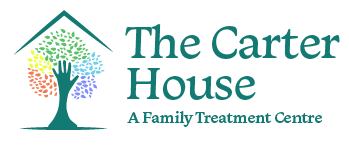
3-Month Comprehensive Family Treatment Program
Month 1+2
Stabilization +
Assessment
Weeks 1-2: Intake and Orientation
• Individual assessments for each family member.
• Orientation to the treatment center’s policies, procedures, and available resources.
• Introduction to the treatment team.
Weeks 3-4: Stabilization and Psychoeducation
• Initial focus on stabilization through medical and mental health interventions.
• Psychoeducational sessions on addiction, its impact on the family, and coping strategies.
• Introduction to support groups and community-building activities.
Weeks 5-6: Family Therapy and Relationship Building
• Commence family therapy sessions to address relational dynamics impacted by addiction.
• Workshops on communication skills and conflict resolution within the family.
• Individual counseling sessions for family members.
Month 3:
Intensive Treatment
+ Skill Building
Weeks 7-8: Individualized Treatment Plans
• Finalization and implementation of individualized treatment plans for each family member.
• Group therapy sessions focusing on addiction recovery, relapse prevention, and coping skills.
• Skill-building workshops on stress management, parenting, and life skills.
Weeks 9-10: Trauma-Informed Care and Mental Health Support
• Specialized trauma-informed care sessions for families dealing with trauma.
• Introduction to mindfulness practices for stress reduction.
• Ongoing family therapy to address underlying emotional and psychological issues.
Weeks 11-12: Family Integration and Future Planning
• Increased focus on family integration activities and joint sessions.
• Planning for the post-treatment phase, including aftercare and transitional support.
• Gradual transition to a less intensive treatment schedule.
After Care
+ Transition
Ongoing Support Groups:
• Encourage participation in community-based support groups.
• Facilitate regular check-ins to monitor progress and address any challenges.
Individual Counseling and Follow-Up:
• Provide ongoing individual counseling sessions for family members as needed.
• Conduct follow-up assessments to ensure sustained progress and address any relapse concerns.
Community Integration:
• Assist families in reconnecting with their communities and support networks.
• Collaborate with local organizations for ongoing support and resources.
